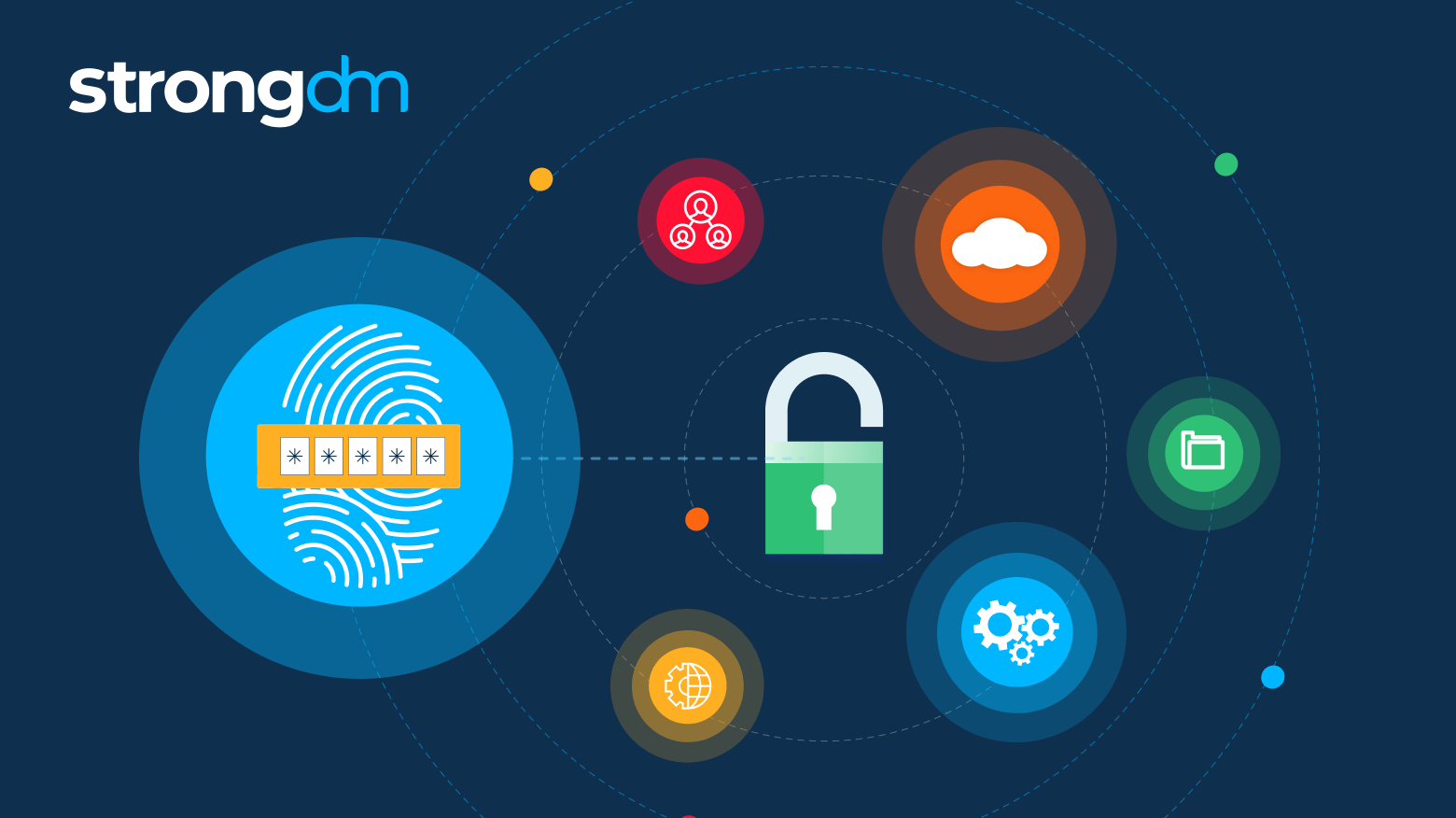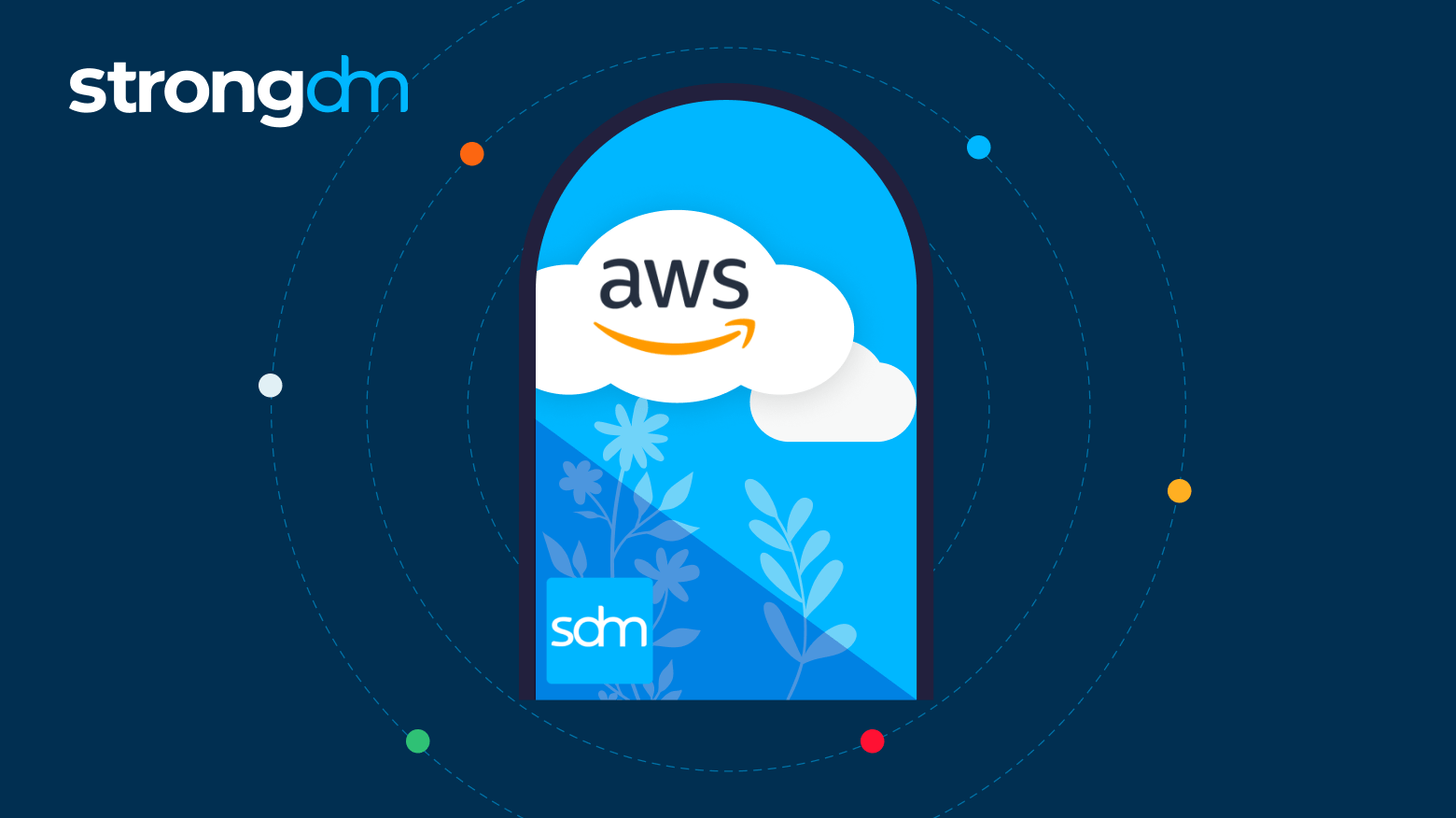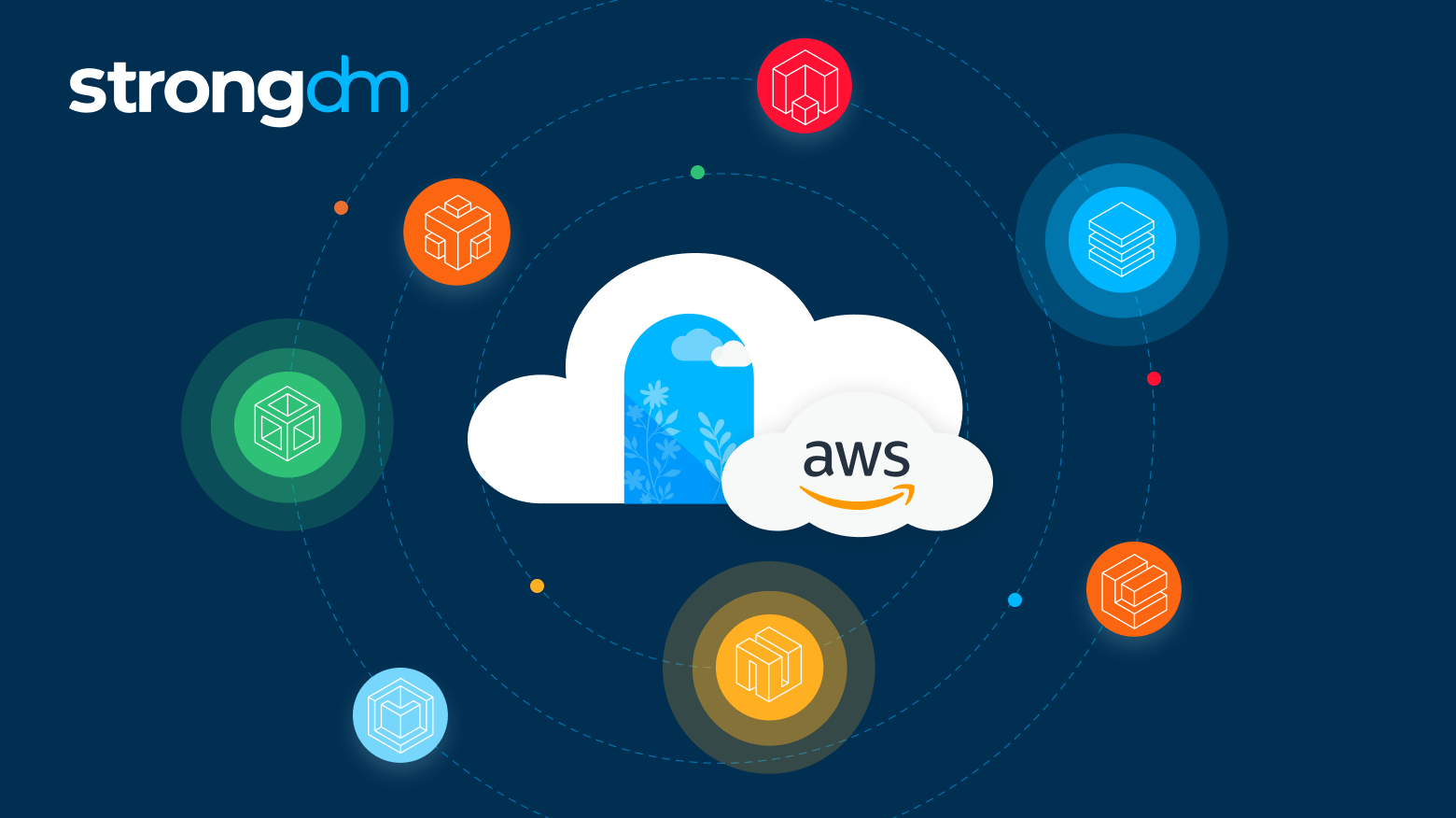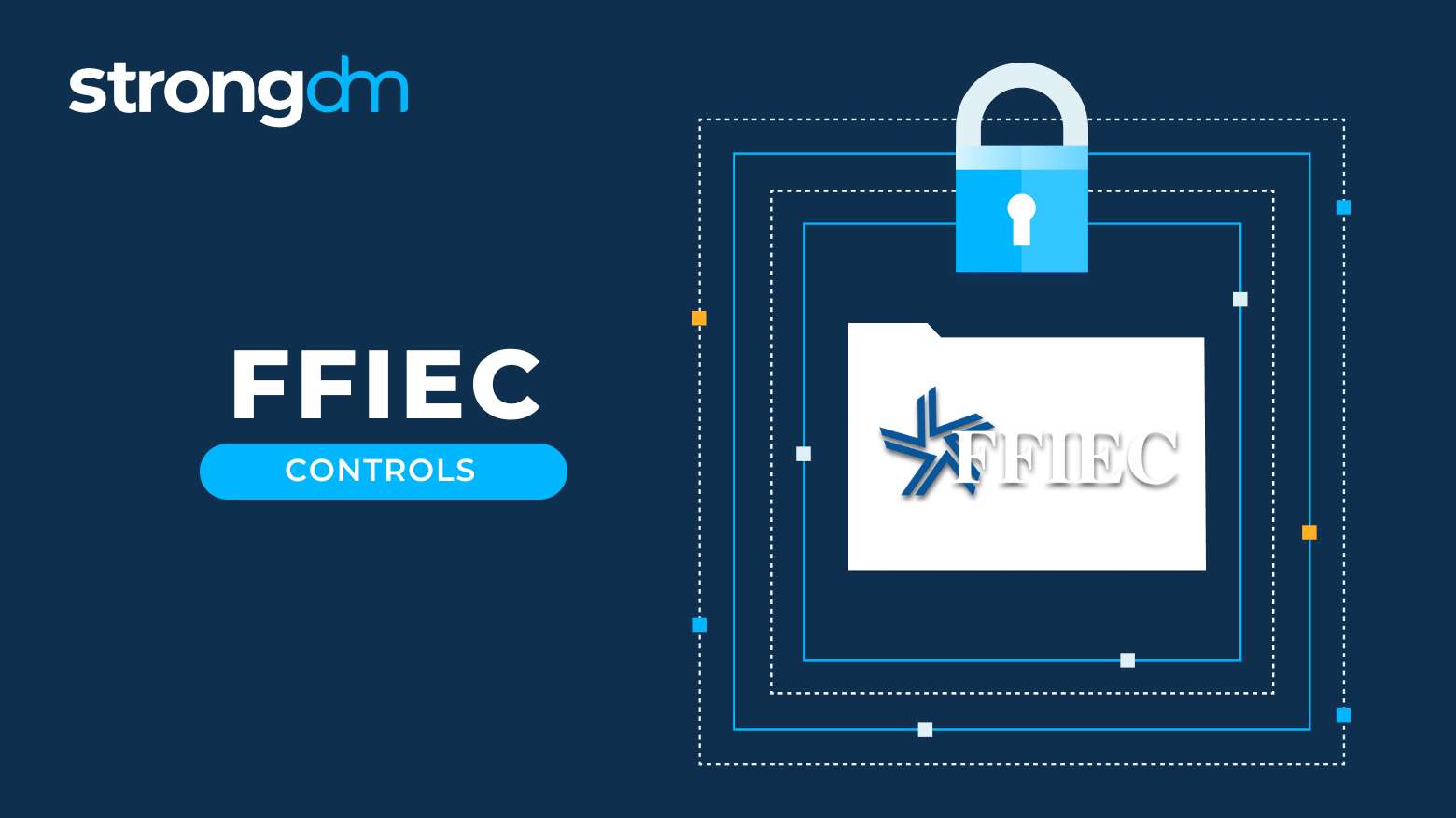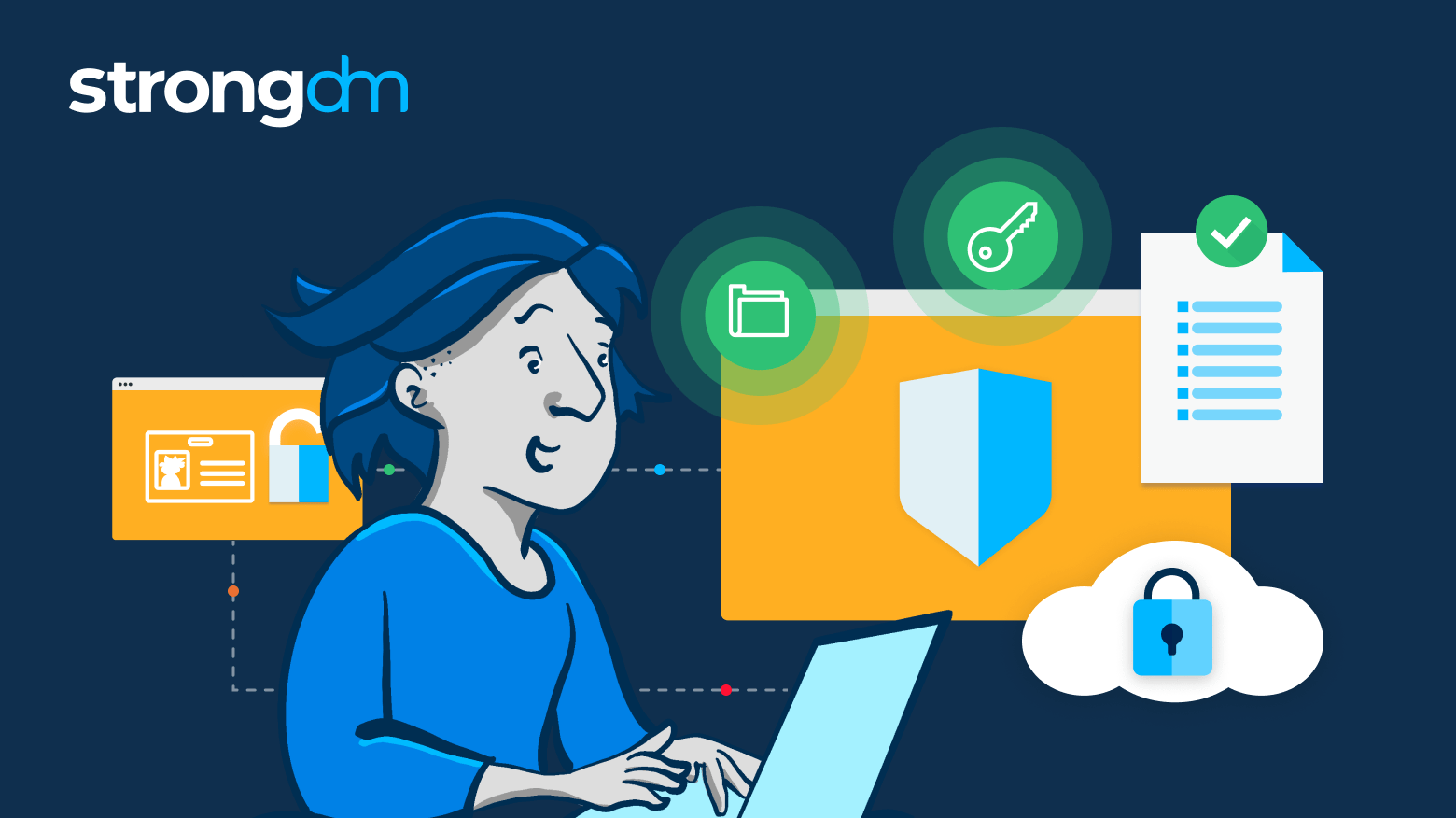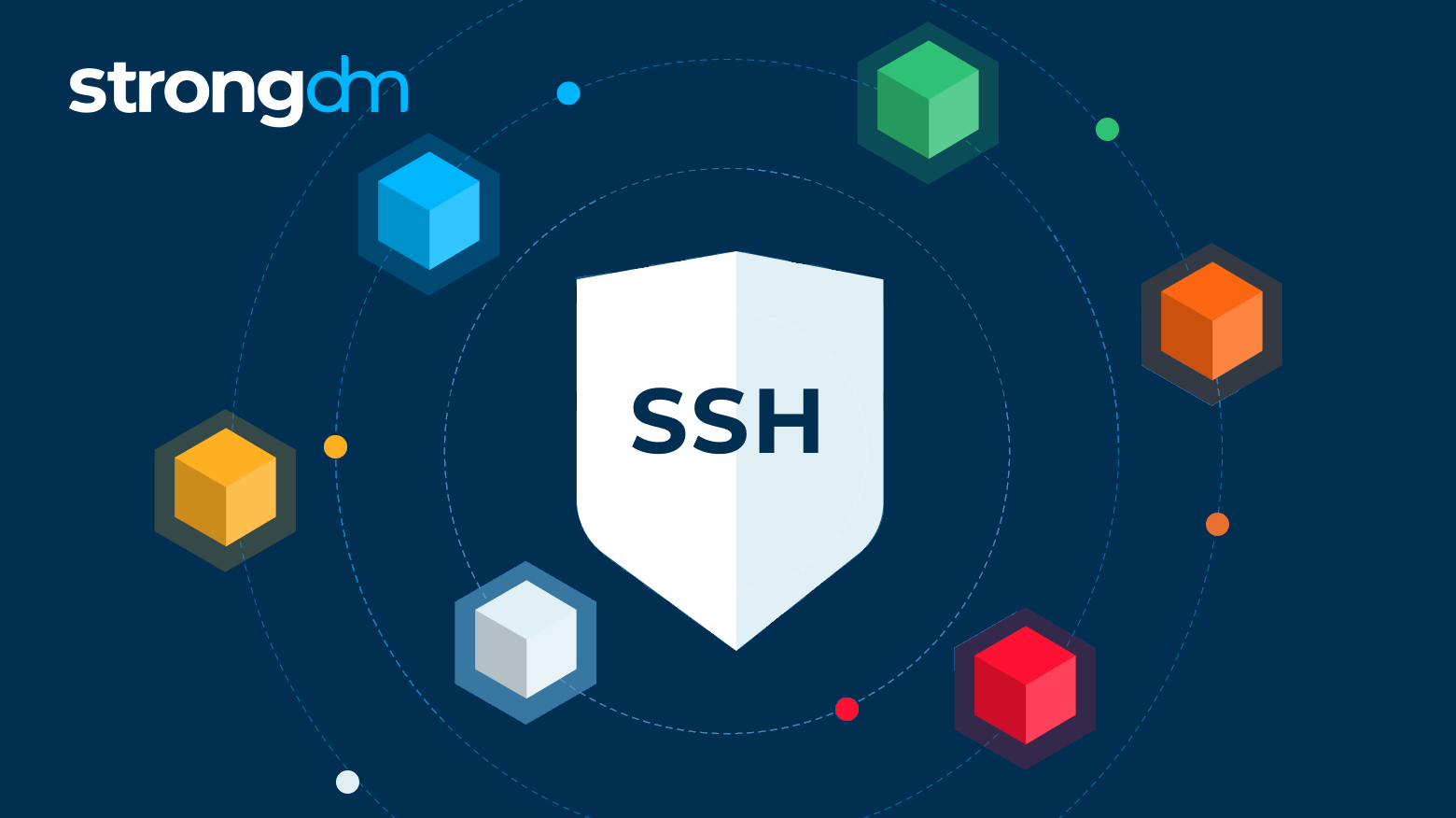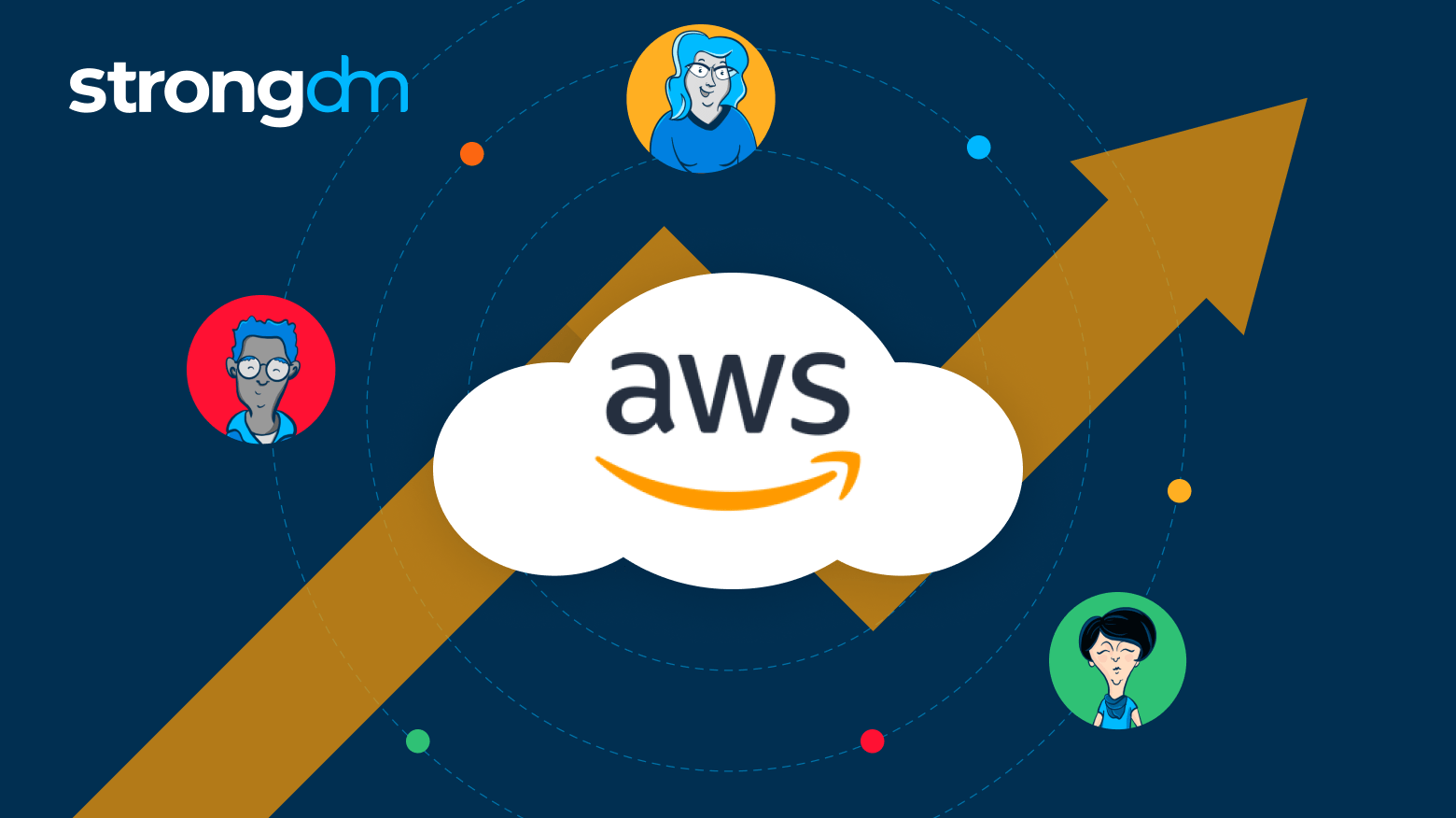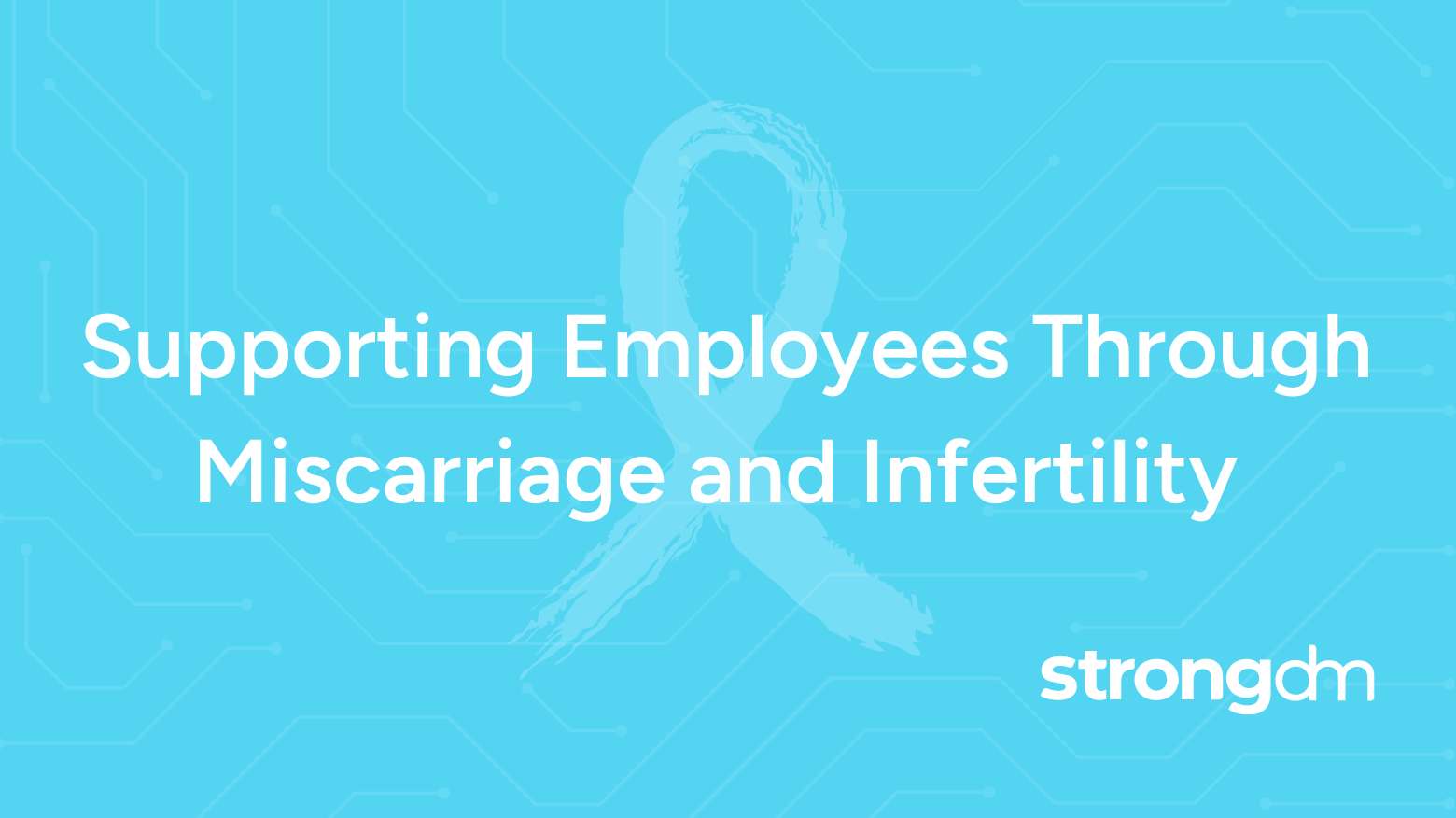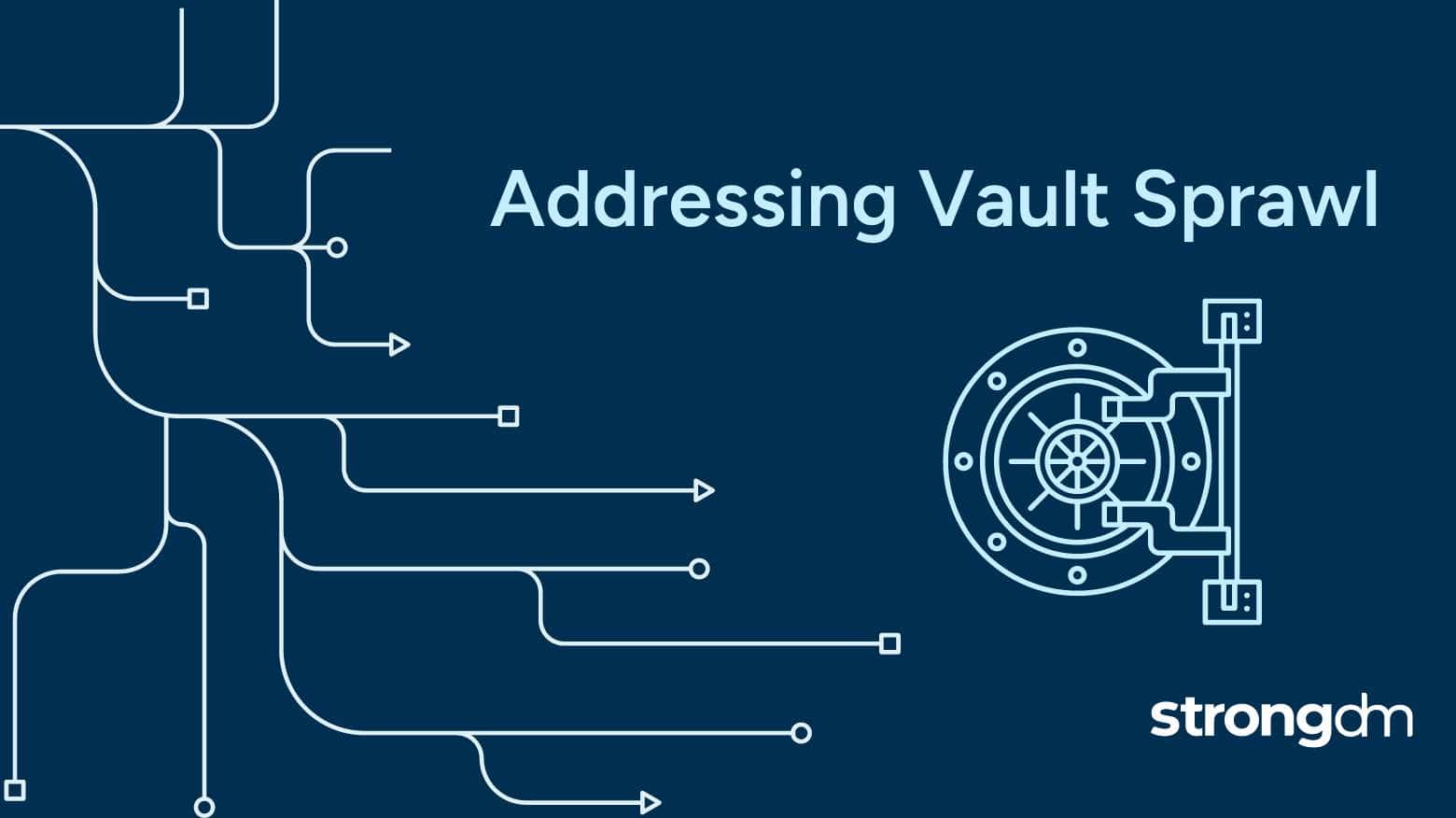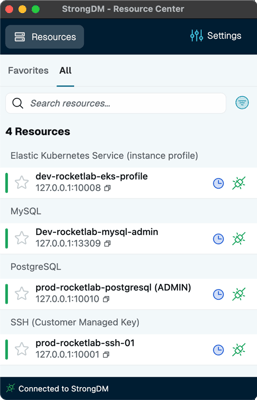Let’s face it. If you work with any type of technology, you know that all software, hardware, and networking gear can fail in weird and unexpected ways. That’s why it’s critical that your technology stack has no single point of failure in your environment. At StrongDM, that means having options in a “break glass” scenario. We firmly believe that this is a requirement for the responsible operation of modern technology. So here’s how we tackle it.
